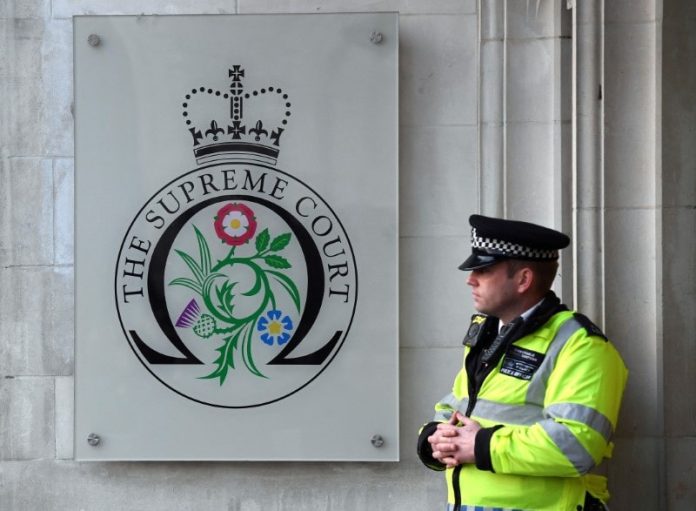Five judges of the UK Supreme Court will rule on Wednesday morning on whether the definition of woman in the Equality Act 2010 includes transgender women with Gender Recognition Certificates (GRCs).
The judgement is expected to spark calls for a review of the law and could have a major impact on the rights of transgender women to hold seats on public boards reserved for women and to use facilities and services reserved for women.
The case against the Scottish government was brought by campaign group For Women in Scotland (FWS), after judges in Edinburgh ruled that ministers were right to say that transgender women with certificates of recognition could hold public council posts in positions designed for women.
The FWS organisation, which is part-funded by writer Joanne Rowling, argues that the definition of woman in the Equality Act only applies to people born biologically female.
They argue that a very clear definition by the court of what a woman is would also help remove ambiguity about who is entitled to use services for women. Activists say people who identify as transgender but do not have a gender recognition certificate are only allowed to use women-only services and facilities.
The Scottish Government has defended its decision. Backed by transgender rights advocates and lawyers, it told the court that the Gender Recognition Act 2004 makes it clear that a gender recognition certificate changes gender “for any purpose.”
The government’s lawyers argue that this means a person with such a certificate is entitled to legal protection “just as others enjoy that protection who are registered as women at birth.”
If the court rules in favour of the Scottish Government, it could recommend clarifications to the Equality Act to enshrine the rights of transgender women. If the court rules in favour of FWS, there will be significant pressure on the UK government to amend the law to exclude transgender women from women-only spaces, and the Scottish government will have to review its policy on community councils.
